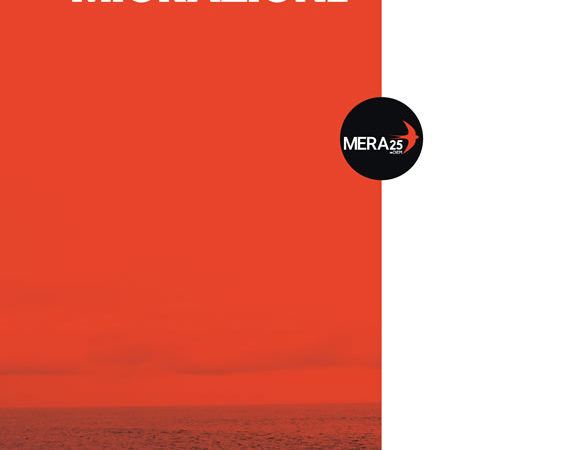China, the US and the UK all import raw materials on large scale only to be immediately exported again. For example, the US imports one million tons of beef on a yearly basis, and exports 900,000 tons. Codfish arriving on Scottish shores is transported more than ten thousand miles to be filleted in China and only then returned home. Same thing happens to Norwegian salmon, American pigs and basically every basic agricultural product: grain, corn, soy and especially palm oil.
The Netherlands, Europe’s number one transport nation, is at the top of the list. About half of Dutch exports are in re-transit: soy and coal transhipped from sea-going vessels onto river barges, leaving the country within the day. The contribution to the Dutch economy is limited: only 11 cents are earned on every euro exported through re-transit.
Differences in tax subsidies and rates, in environmental directives and in working conditions explain these absurd trade flows. Hence also the detour for iPhones, Volkswagens Golf, Armani suits or a bottle of Heineken.
Tax havens such as the Netherlands have become markets for second-hand letterbox companies. And for ready-made tax avoidance structures. The Netherlands thus plays a key role in skimming and raking up the added value of our consumer goods.
Aside from all the financial crimes involved with this system of global trade, the waste of raw materials and semi-finished products is enormously polluting. “No world trade system without containers, container ships, cargo planes, untaxed fuel oil and kerosene and exceptions in the Paris Convention and the climate agreement,” as Dutch financial geographer Ewald Engelen rightly points out.
It is DiEM’s position that the current EU’s trade policy plays a major role in exploiting workers in non- EU countries, and that radical change is necessary. In its transnational political programme European Spring, ‘just’ trade is the starting point of EU trade policy, not ‘free’ trade. During any trade deal negotiations, European Spring will defend higher standards to protect the environment, human rights, public health, labour rights, public services, animal welfare, and consumer rights. DiEM25 will fight to terminate existing agreements that pose a threat to high standards and human rights.
And DiEM25 demands tax justice. Each year, the EU loses over €1 trillion to corporations and individuals dodging their taxes. European Spring will challenge the laws that allow jurisdictions like Luxembourg, the Netherlands, and Ireland to enable tax evasion. It will introduce a Beneficial Ownership Registry that will require all companies, corporations, and economic entities to declare the identities of their owners and the details of their assets.
Let’s put an end to this absurd and dangerous system of global trade.
Picture credits: localfutures.org
Volete essere informati delle azioni di DiEM25? Registratevi qui!




